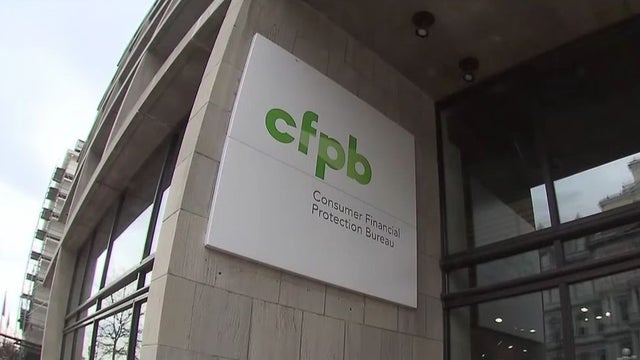Report: Kraninger Lets Industry “Drive the Agenda” at CFPB, Even During COVID-19 Pandemic
Kathleen Kraninger, the current director of the Consumer Financial Protection Bureau, told an audience of bankers at a November 2019 industry gathering that “you are really helping drive the agenda.” Unfortunately for the public and for consumer financial protection, the Kraninger agenda and the Wall Street lobby’s priorities are indeed all too similar, even during the COVID-19 pandemic and massive economic distress.










